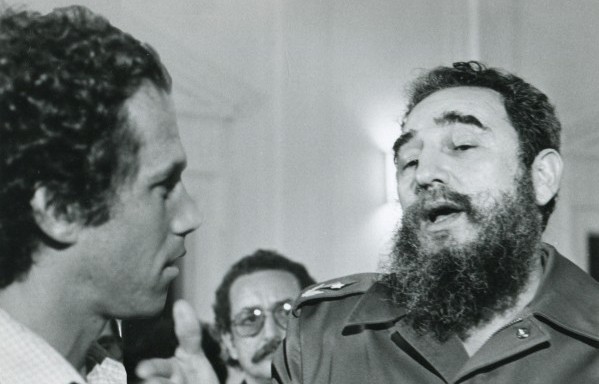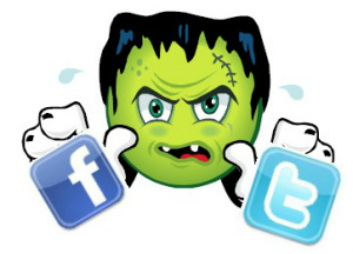![REVIEW] Netflix's captivating documentary, Cuba and the Cameraman](https://cdn.primedia.co.za/primedia-broadcasting/image/upload/v1586162652/zjallny0vor2bclucvuz.jpg)
Recently I watched a documentary movie named ‘Cuba and the Cameraman’ filmed, written and co-produced by an American journalist Jon Alpert. The film can be watched on Netflix.
I really enjoyed watching the documentary. It shows both the positives and negatives of life in Cuba, and how Cuba transformed through its revolution in 1959 led by Fidel Castro till the death of Fidel Castro in 2016. The movie depicts the lives of common people in Cuba, especially the three farmer brothers, Cristobal, Angel and Gregario. Many people were filmed and asked questions about their life in Cuba. The people came from all spectrums of life. They included farmers like the three Borrego brothers, shopkeepers, factory workers, construction laborers, doctors, teachers and students.
Jon even went ahead to interview the most famous man in Cuba, which is none other than Fidel Castro himself. He shows how he managed to interview him multiple times, inspite of being an American. He was the only journalist who was allowed to accompany Fidel during his visit to New York for the United Nations speech which Fidel was scheduled to give. The movie shows the lighter and humorous side of Fidel, who enjoyed smoking famous Cuban cigars, and happily answered all the questions asked by Jon.

The most interesting part of the documentary is its informal interaction with the Cubans. Unlike other documentaries, which usually has some underlying message or theme for a particular cause, I find this movie to be purely an interaction of an American with the Cubans. It has no political intentions, neither does it try to relate the adversity of Cuba to socialism or advocating America’s capitalism. The movie shows Jon visiting the same people for almost 40 years. It starts from the mid 1970’s till 2016. During this time, Cuba underwent a number of transformations, including being a successful socialist country in mid 1970’s ( though heavily subsidized by Soviet Union) to a struggling economy in early 1990’s when Soviet Union fell apart and Cuba got severely affected, which led to mass shortage of goods. Then the movie shows again the revival of good times for Cuba in the late 2000’s and 2010’s decade, when Cuba started attracting tourists from all over the world to revitalize its economy.
The best part I liked in the movie is when Jon interacts with the Borrego brothers. I simply love the way those three brothers lived their life. They were simple, poor farmers, who toiled hard throughout the day, yet never complained of the troubles, or hardships they faced. They did not have any tractors, or electricity yet managed to carry on their work diligently. Things changed in Cuba to a large extent, but the life of these three brothers did not change much. They never complained even when things got worse in Cuba. They truely believed in the socialist idea, and hence volunteered for the country without any pay or perks. When Jon asked, “What’s the secret to your happiness, Cristobal?” He replied, “We’re always working and walking, exercising. That’s the secret to being healthy and strong”.When Jon met them, the brothers were very old. Yet Cristobal who was 80 years old could beat in an arm wrestle against Jon, who was 40 years old at that time!

Jon Alpert with the Borrego brothers Huff Post
What I learnt from this documentary and Cubans, is that life is not easy at all. but also life is always changing. Good and bad times are a part of life. As taught to me in the Art of Living course, Opposite values are complementary to each other. Cubans saw some of the worst days in the 1990’s but today, we see they are a booming economy. Even though the economy busted or boomed, leaders like Fidel came and went, but what never changed for people like Borrego brothers is the happiness, or satisfaction about life. They never got depressed or even commit suicide, but they faced the adversity with a smile on their face. Afterall, this is what life is all about!
And finally, I appreciate Jon’s tireless efforts to travel to Cuba for over 40 years, and keep track of the people he met to understand about their life and their problems. I liked his generosity to give an electrolarynx to Cristobal who had lost his voice later. I wish I could make an impact on someone’s life. After all, life is all about caring for others, to build relationships, and this movie indeed has a touch of humanity, benevolence and simplicity.


